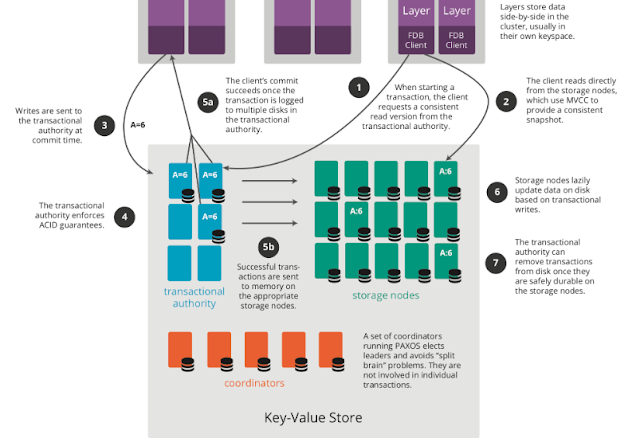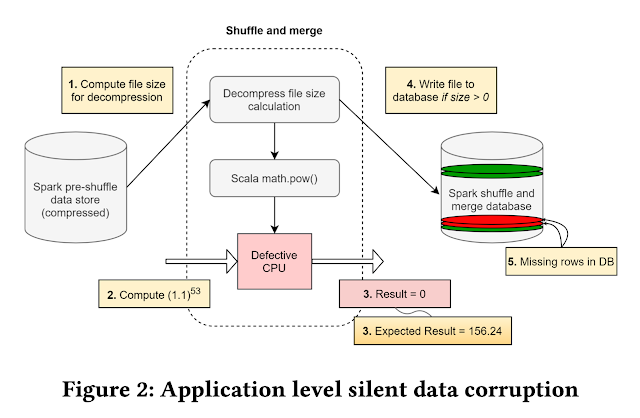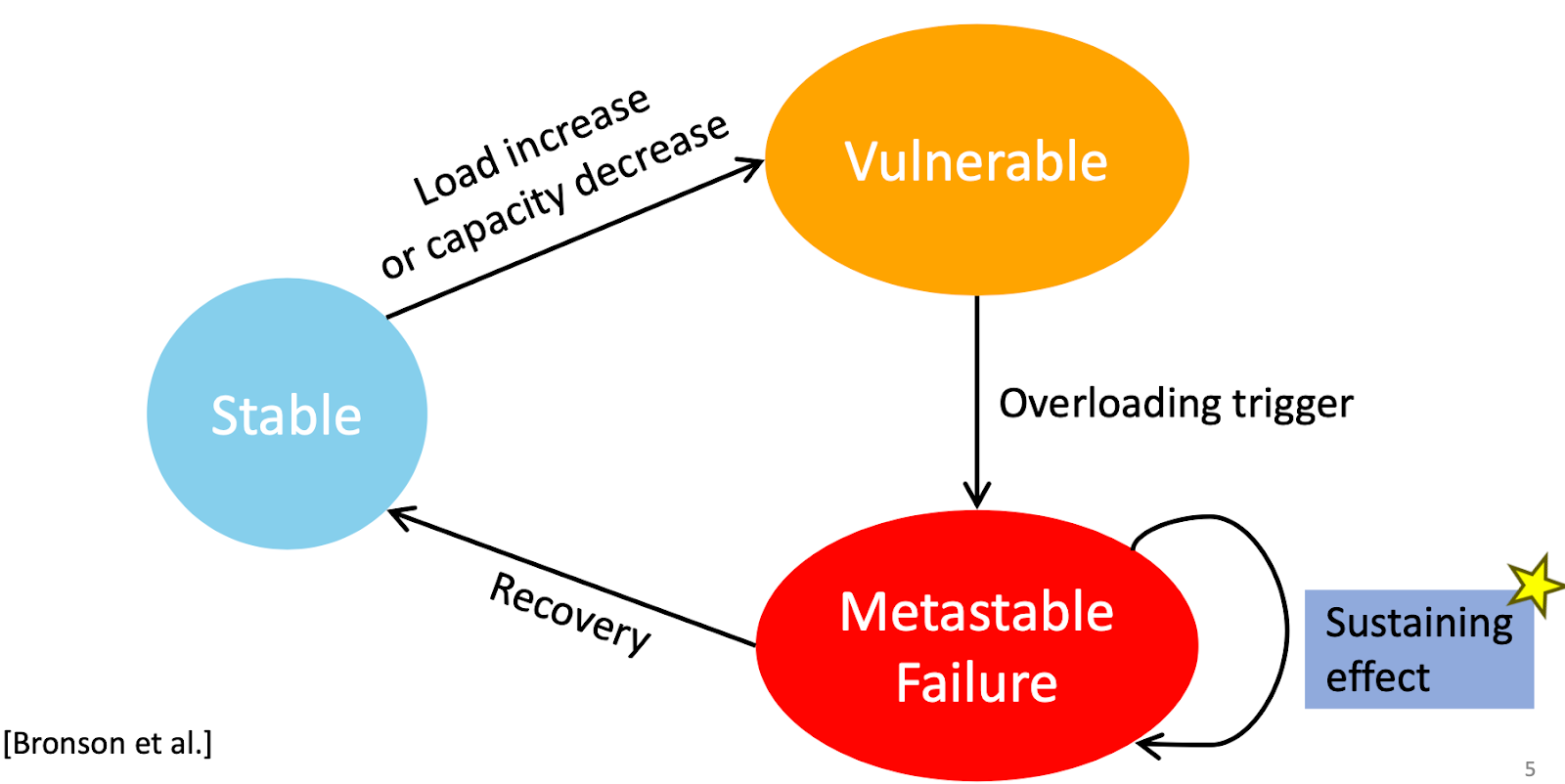Humans of Computer Systems: IndianDev
Programming How did you learn to program? I started programming at a relatively young age, around 6th standard (in India). Initially leanred HTML, CSS from w3school and online tutorial blogs/videos, then learned C++, mostly from School curriculum book. In college, I throughly enjoyed reading "Thinking in C++". Tell us about the most interesting/significant piece of code you wrote. I remember the first project I did in school which I'm really proud of, even though it was more of a toy fun project. It was an image editor for BMP files, written in C++. Who did you learn most from about computer systems? Hacker News, I have been following it since high school. Who is the greatest programmer you met, and what is impressive about them? Interestingly, my own definition of good programmer has changed few times. In college times, I used to admire programmers who had strong algorithmic skills required for ICPC like competitions, but lately I have realised it's equally importan






